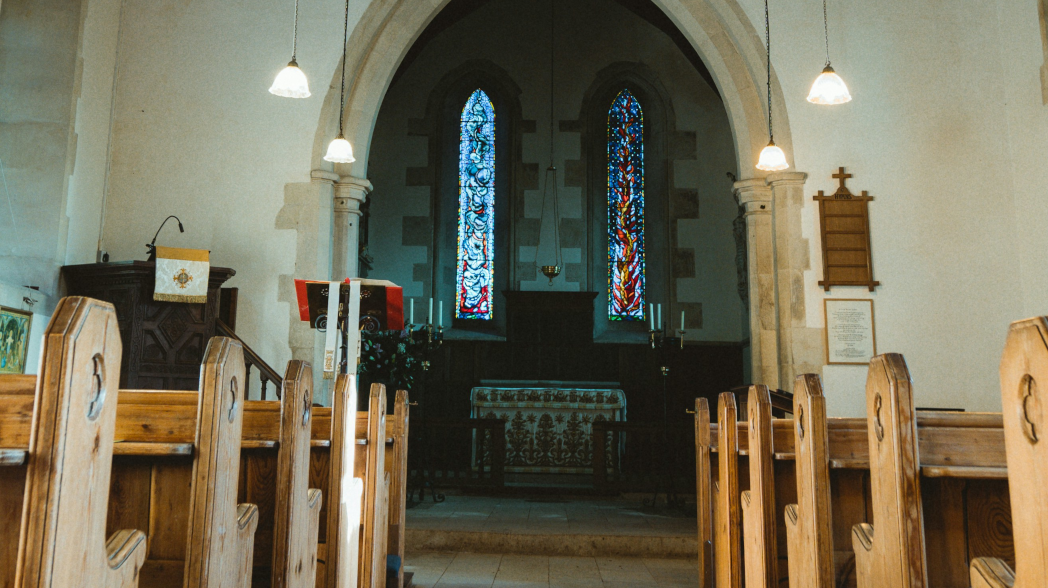By Br. McLean Bennett, OFM Cap.
In the Old Testament, we are told about a king of Judah (one of King David’s descendants) who decided to repair and renovate the temple in Jerusalem, which at that time had fallen into some disrepair. In the midst of this renovation, workers stumbled upon the book of the law — a book of the Torah, scripture written by Moses — which had apparently been set aside and forgotten about for many years.
When the king read this re-discovered book, he was surprised to learn that his kingdom had been breaking its own laws for a very long time. All of this is what Jeremiah, the prophet, is referring to when he says: “When I found your words, I devoured them.” Jeremiah would have been alive at the time of the book’s re-discovery and the renovation of the temple. And, for him, this was a moment of profound joy.
And so, it is curious that this joy was so complicated. Jeremiah immediately notes that, despite his joy at having found God’s word, he was nevertheless in suffering.
And so, Jeremiah complains to God. He calls himself “a man of strife and contention,” and says that he regrets ever being born. It’s interesting to note that Jeremiah can feel, all at once, great joy in God’s word, and frustration with its consequences.
I suppose that we might be able to relate a little bit to this. Certainly, we have moments of joy in our relationship with God. And we probably relate to the phenomenon of feeling that the joy of being God’s disciple can become a bit sour when our Christian identity introduces some strife and contention in our lives. Living as a Christian requires our experiencing a real and authentic relationship with God. But this is not meant to make life easy.
The grace of a true relationship with God — the grace of true joy — usually comes wrapped in the mundane simplicity of daily life. It comes, usually, in our families, at our dining room tables, in the hours spent working behind the scenes for one’s children, spouses or aging loved ones. It’s a grace that we find working in ourselves when we keep coming back to Mass and back to prayer in the face of whatever challenges we encounter in our Christian lives.
May God bless you!

